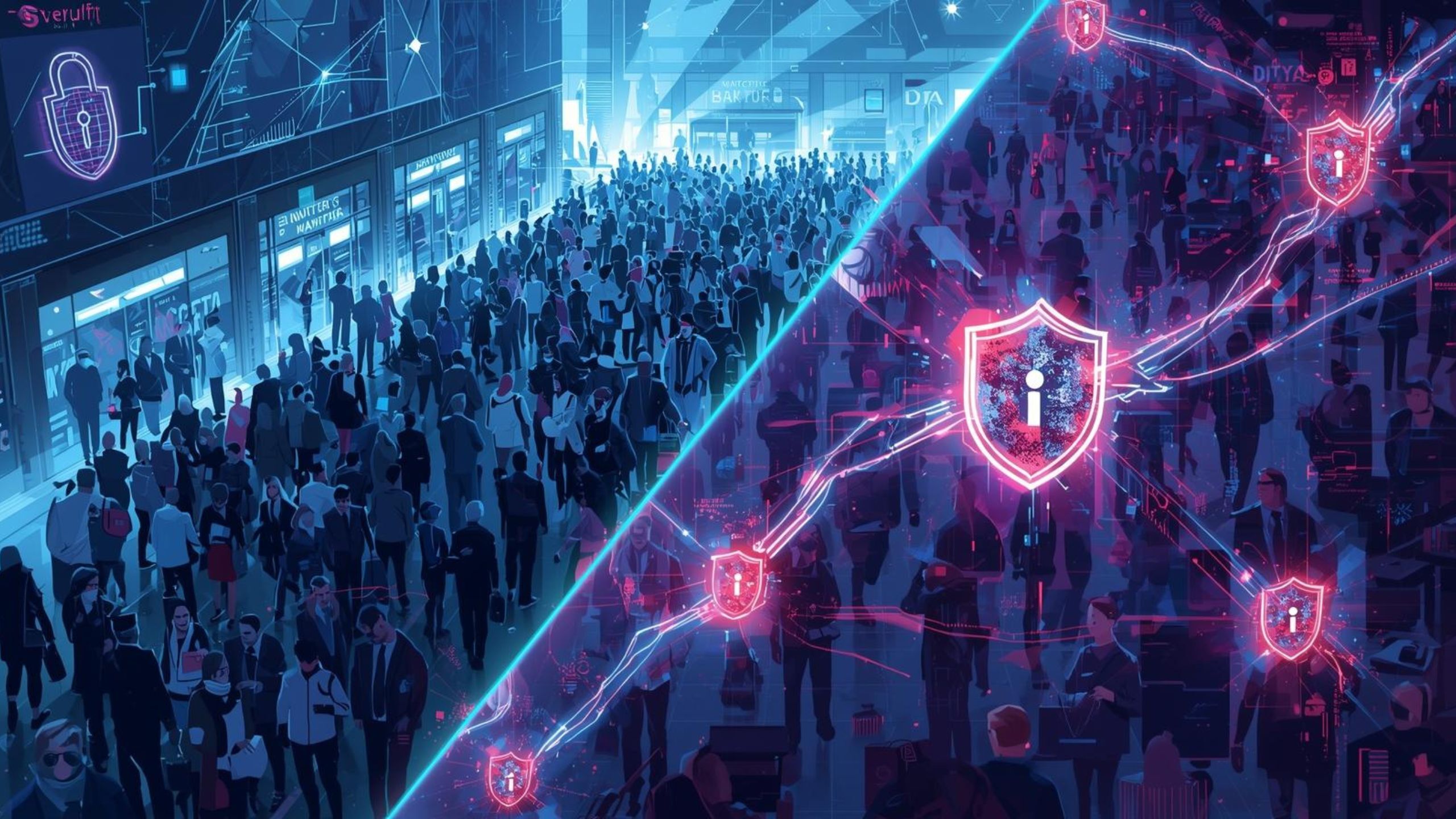Don’t get sleighed this Christmas: Why cyber attacks spike during the holidays
Every December, as workplaces wind down into a mix of end-of-year wrap-ups, office parties and questionable jumper choices, something else stirs in the digital world. Holiday music fills the radio, fairy lights appear across cities, and attackers quietly get to work. Because while most people are looking to switch off, the threat landscape absolutely isn’t. In fact, the festive period is often one of its busiest.















